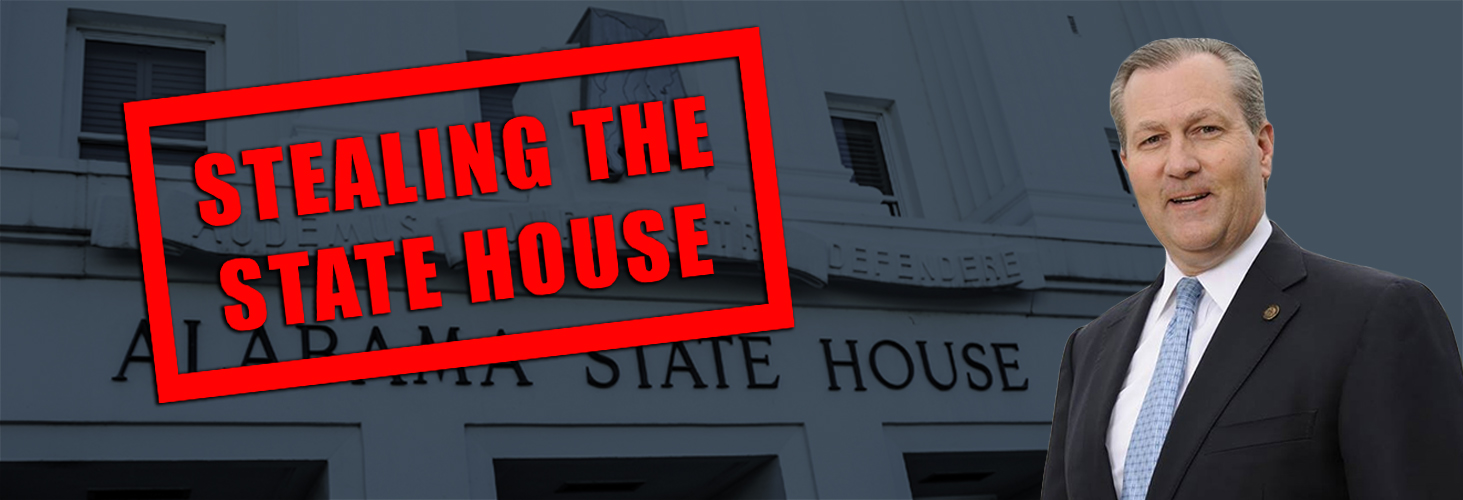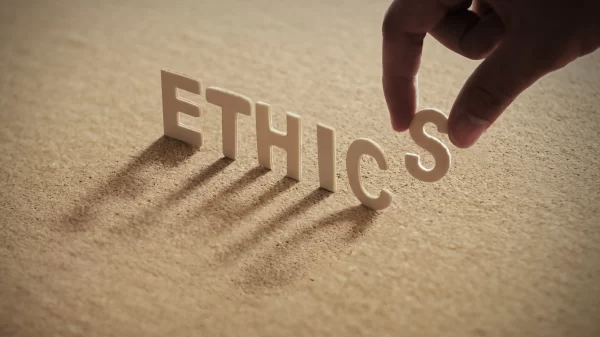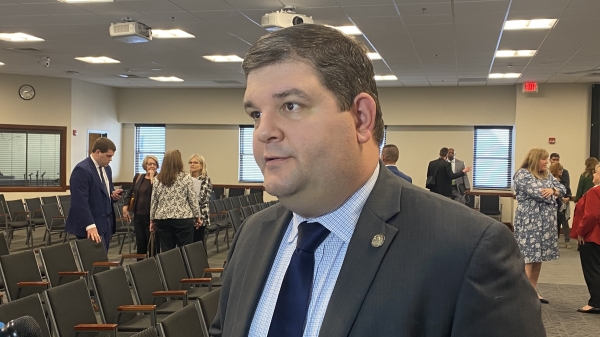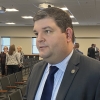By Susan Britt
Alabama Political Reporter
OPELIKA—James L. Sumner, Executive Director of the Alabama Ethics Commission for close to 18 years before his retirement last year, testified yesterday the legal protections afforded to public officials and employees who seek formal ethics opinions do not apply to people seeking what he termed “informal opinions.”
Sumner appeared yesterday as a key witness in Speaker Mike Hubbard’s evidentiary hearing seeking a dismissal of his indictment on 23 felony ethics counts. Hubbard’s defense team subpoenaed Sumner.
Sumner carefully distinguished formal and informal ethics opinions. Sumner said formal opinions are official ethics opinions voted on by the ethics commission. Alabama law affords a great deal of weight to formal opinions, going as far as providing a great deal of protection from prosecution for those whose conduct remains within the confines of behavior outlined in a formal ethics opinion.
Informal opinions, according to Sumner, are distinguished from formal opinions in that the commission itself does not approve of the advice and it affords no protection from
Hubbard is charged with several counts related to conduct for which he alleges he received approval from Sumner while he was Director of the Ethics Commission. Those opinions were not formal opinions; rather, they were informal opinions in the forms of letters, phone calls, or in-person conversations.
Sumner additionally testified that Ethics Commission opinions, formal or informal, are not the “superior opinion” on the Alabama ethics laws. He agreed with prosecutors on cross-examination that the opinion of an Alabama court is superior to both the Alabama Attorney General’s office and the Alabama Ethics Commission.
Hubbard’s attorneys questioned Sumner at length regarding a filing made by Howard “Gene” Sisson, a former Attorney General’s office employee terminated by Luther Strange for his involvement in the attempts to undermine the Lee County grand jury investigating Hubbard.
According to Sumner, Sisson’s filing was not a complaint in that it did not allege any violations of the Alabama ethics laws. Sumner testified he turned the document over to the Attorney General’s office when they requested it, a process he said was quite ordinary when the commission received a filing involving a matter another law enforcement agency was already investigating.


















































